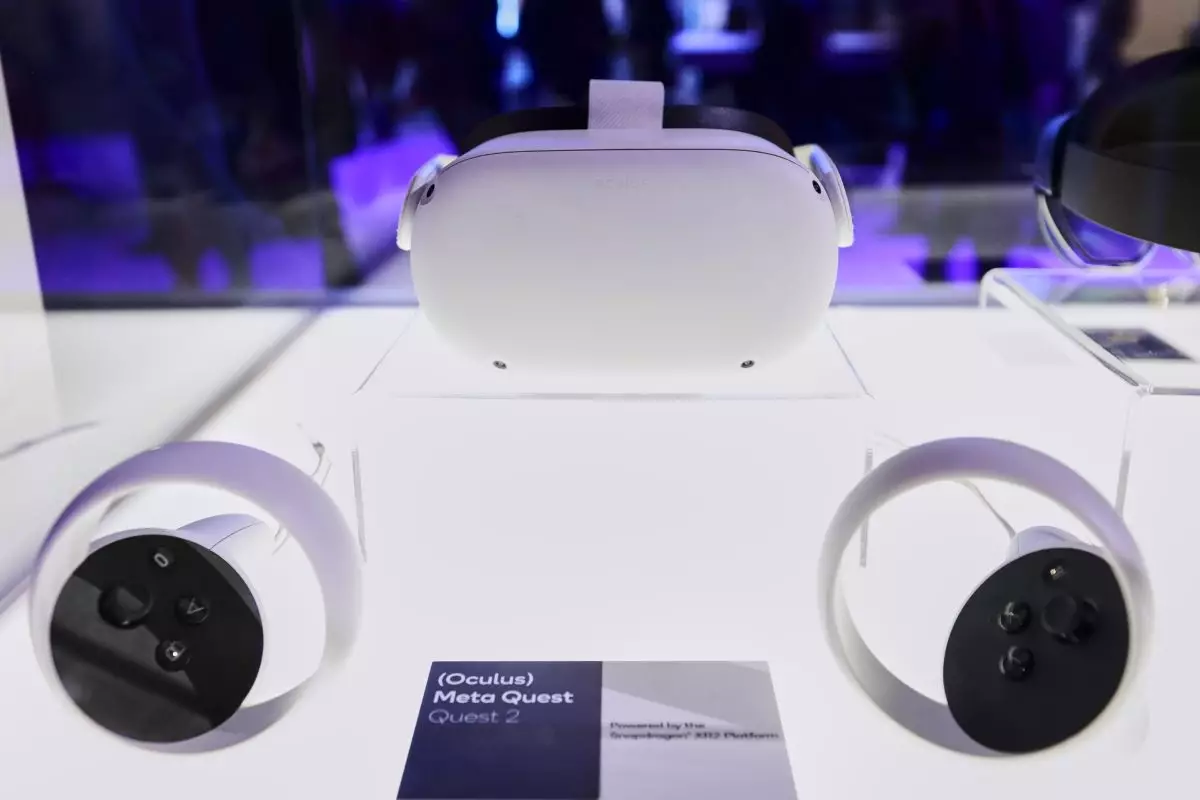As the world progresses towards immersive technologies, Meta Platforms Inc., previously Facebook, is reshaping its virtual reality (VR) headset lineup. The announcement during Meta Connect 2024 revealed that the company is discontinuing two seminal models from its Quest headset series: the Quest 2 and Quest Pro. This strategic decision signals Meta’s commitment to innovation while responding to changing consumer demands within the VR market.
Farewell to Legacy Devices
The decision to phase out the Quest 2, which celebrates its fourth birthday this October, is not shocking. Launched in 2020, the headset has provided entry-level accessibility to virtual reality, allowing a broader audience to experience immersive content. However, as technology rapidly evolves, the aging Quest 2 is increasingly perceived as obsolete. With the recent introduction of the budget-friendly Quest 3S, which is available for preorder at a competitive $300 price, Meta has created a natural transition away from its older products. The Quest 3S is poised to take over the Quest 2’s role by offering comparable features and enhanced performance, affirming that affordability and quality can coexist in the VR realm.
The Quest Pro Conundrum
The Quest Pro, originally launched in 2022, aimed to cater to professional users by diversifying the mixed-reality experiences offered by Meta. However, the introduction of the Quest 3 last year rendered the Quest Pro largely redundant due to its competitive pricing and enhanced capabilities. This has intensified discussions around whether the Pro model was a necessary addition to Meta’s lineup or simply a misguided attempt to cater to enterprise needs. With the Quest 3 dominating the market, the Pro’s discontinuation seems inevitable, leaving users and developers to ponder the effectiveness of VR for professional applications.
The official statement from Meta regarding the discontinuation of the Quest 2 and Pro underscores a pivotal refocus towards new innovations. As they put it, “you know what they say about new beginnings.” This sentiment reflects a clear transition strategy, indicating that the company aspires to streamline its offerings while encouraging consumers to invest in more advanced products. Post-availability, the legacy headsets will gradually vanish from retailers, but Meta assures users that accessories for the Quest 2 and Quest Pro will remain available for some time, providing a buffer for those who still wish to enhance their existing VR systems.
Additionally, the discontinuation of the Quest 2 and Quest Pro comes alongside the cessation of security patch updates for the original Quest headset. This raises concerns about the longevity and viability of older devices within evolving technological landscapes. Users eventually need to be assured that their investment in VR will be supported and secure. Thus, Meta’s decision may not just affect hardware but also ignites conversations about sustainability and support within the tech industry. As VR technologies continue to advance, it remains to be seen how Meta will sustain its leadership position while ensuring that newer models can meet the diverse needs of both casual consumers and professional users alike. The discontinuation of older models serves as a reminder that continuous evolution is a hallmark in the rapidly changing landscape of virtual reality.

